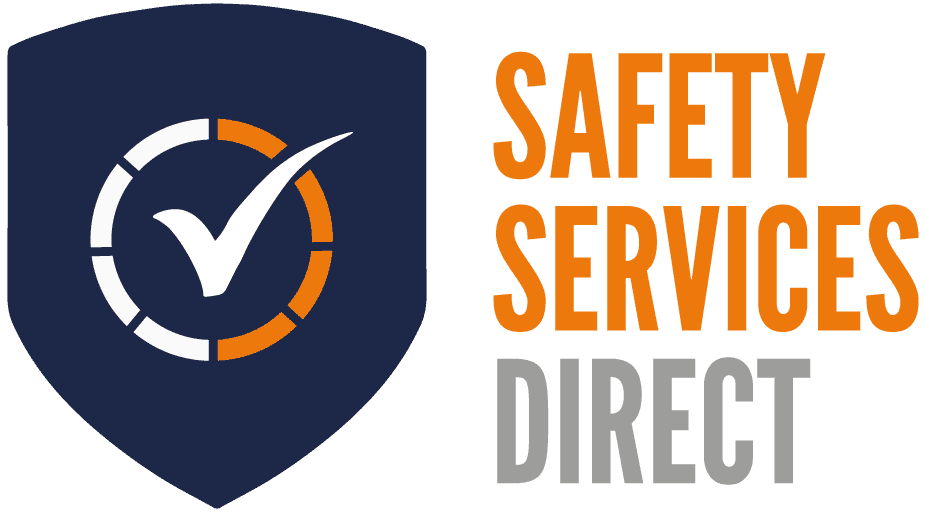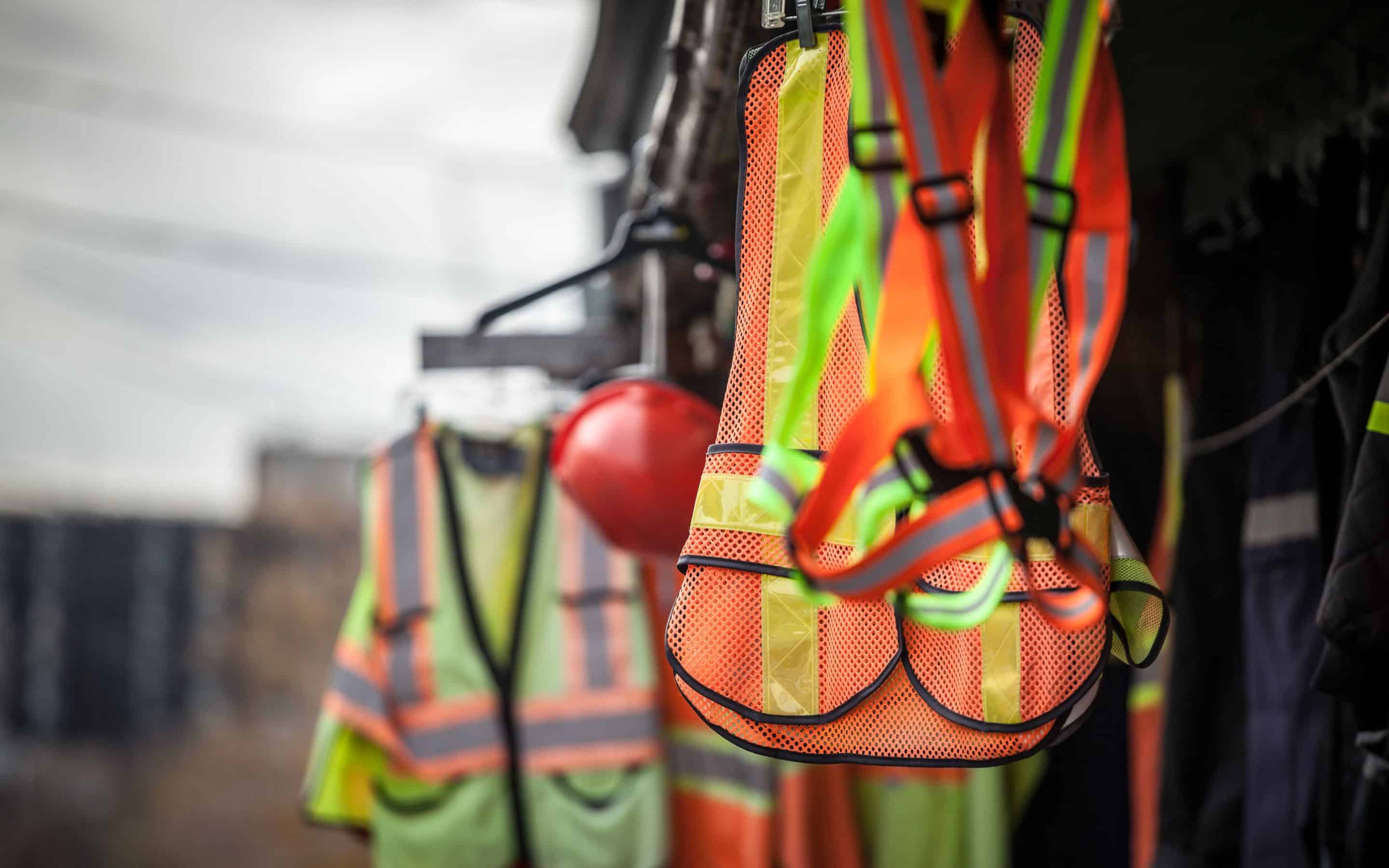Personal protective equipment (PPE) is a crucial aspect of workplace safety that cannot be ignored. Employees face a range of hazards that could cause injury or illness, such as working with hazardous substances or heavy machinery. The use of appropriate PPE can protect workers and help prevent accidents.
This article discusses the importance of PPE, the types commonly used in the workplace, the legal requirements for providing PPE to employees, and the benefits of compliance with PPE legislation.
What is PPE?
PPE stands for Personal Protective Equipment. It is any equipment or clothing worn by a person to minimise exposure to specific workplace hazards, including physical, chemical, biological, or airborne agents. PPE includes items such as safety helmets, gloves, eye protection, high-visibility clothing, safety footwear, and respiratory protective equipment.
Why is PPE important in the workplace?
The importance of PPE in the workplace cannot be overstated. Without proper protection, workers are exposed to various hazards that can cause injury or illness. For example, exposure to hazardous substances such as chemicals and asbestos can lead to respiratory problems and cancer, while working with heavy machinery can result in cuts, bruises, and even amputations.
Wearing personal protective equipment is important not only for the safety and health of workers but also for the productivity and profitability of the workplace. When workers feel safe and secure, they are more likely to be productive and efficient in their jobs. Conversely, an unsafe workplace can lead to low morale, high employee turnover and potential legal issues.
Types of PPE for the workplace
There are several types of PPE, each of which should be worn when certain dangers are present. Employers must identify the hazards in their workplace and provide the appropriate PPE to protect their workers.
Six of the most commonly used types of PPE in the workplace include:
- Head protection – This includes hard hats, helmets, and bump caps that protect the head from impact and penetration hazards.
- Eye and face protection – This type of PPE includes safety glasses, goggles, face shields, and welding helmets that protect the eyes and face from flying debris, chemical splashes, and harmful radiation.
- Hearing protection – This includes earplugs and earmuffs that protect the ears from loud noises that can lead to hearing loss.
- Respiratory protection – This type of PPE includes respirators and masks that protect workers from inhaling harmful dust, fumes, vapours, and gases.
- Hand protection – This includes gloves that protect the hands from various hazards, such as cuts, punctures, chemical exposure, and extreme temperatures.
- Foot protection – This type of PPE includes safety shoes, boots, and other types of footwear that protect the feet from falling objects, electrical hazards, and slippery surfaces.
Are employers required to provide PPE to workers?
In the UK, employers have a legal duty to provide their employees with appropriate personal protective equipment (PPE) to ensure their safety and protect them against workplace hazards. This responsibility is outlined in the Personal Protective Equipment at Work Regulations 1992.
The regulations state that employers must provide PPE free of charge to employees, ensure the PPE is suitable for the risks involved, provide appropriate PPE training and instructions on how to use the PPE correctly,
Employers are also required to ensure that PPE is maintained and replaced when necessary, carry out regular risk assessments to identify hazards and determine if PPE is required, and also guarantee that PPE is properly stored and readily available to employees when needed.
Employers are also responsible for ensuring that employees use the PPE provided and cooperate with any instructions given on its use. Failure to comply with these legal requirements can result in fines and legal action against the employer.
How can PPE legislation compliance benefit your business?
One of the most significant benefits your business will gain through compliance is increased safety. Proper use of PPE can help to protect employees from work-related injuries and illnesses, thereby improving safety in the workplace. It will also reduce your liability in the event of a workplace injury or illness.
Additionally, providing PPE demonstrates a commitment to workplace safety, which can improve the reputation of the business and attract new customers and clients. It is becoming increasingly common for businesses to require their suppliers and partners to meet specific safety standards, including the use of appropriate PPE.
Do you understand the importance of PPE in the workplace?
The importance of personal protective equipment in the workplace cannot be overstated. PPE plays a crucial role in protecting workers from potential hazards and ensuring their safety and health.
It is the responsibility of employers to identify the hazards present in their workplace and provide the appropriate PPE to their workers. By doing so, employers can promote a safe, healthy and productive work environment while also meeting their legal and ethical obligations.









